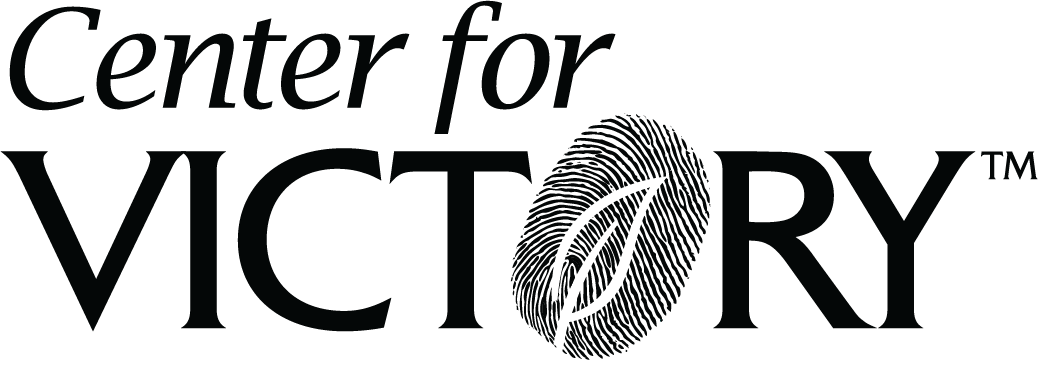
Intelligent Mentoring: A Must-Do For Any Leader
2 percent. That’s the number that employee engagement drops to on teams that have managers who ignore their employees. That’s a huge problem. When employee engagement drops, productivity decreases, turnover increases, and the company culture quickly becomes toxic. There are a number of ways for managers to show interest in their teams, but a great way is to develop mentorship programs. Taking it a step further, Intelligent Mentoring is an effective form of mentoring that aligns company strategy with organization and individual development.
According to Audrey Murrell, a Leadership Strategy expert, the overall goal of Intelligent Mentoring is to “develop a fully integrated portfolio of mentoring initiatives into both talent and leadership development across the organization.” If an organization wants their mentorship programs to be truly successful, they need to create a sustainable community of mentors and mentees that incorporate mentoring into the organizations core values.
Murrell has broken Intelligent Mentoring into four key lessons: Purpose, Process, Participation, and Portfolio.
1. Purpose
Once an organization has decided that they want to begin a mentoring program, they need to develop a clear purpose of what mentoring will do within their company. Leaders need to develop clarity about why they’ve decided to start mentoring and what the desired outcome is. Once the purpose has been defined, it needs to be linked to the specific mentoring program that best fits these needs.
2. Process
Next, the process is worked out. This means determining how mentoring is designed, delivered, and assessed within the organization. Key stakeholders must be actively engaged in designing, implementing and continually improving mentoring efforts. This process must fit with the organization’s culture. Just because a process works within another organization does not mean that it will work for all. If an organization does not take the time to decide what works for their culture, their efforts will likely fail.
3. Participation
Intelligent Mentoring ensures both diversity and inclusion in mentoring participation. In ordinary mentoring programs, there is often a lack of diversity. Leaders find like minded individuals who remind them of themselves and take them under their wing. In Intelligent Mentoring teams that include all stakeholders need to sit down and discuss what tools will be most beneficial to the team as a whole.
4. Portfolio
Mentoring is most effective when an organization makes a total commitment. The organization should be designing, implementing, and providing resources for a mentoring portfolio, not just a single mentoring effort. While a single mentoring effort might be beneficial in the short term it will not cause lasting impact for any organization if there is not commitment to addressing a wide range of employee needs. Intelligent Mentoring requires long-term commitment of strategy, resources and support for any effort to be sustained over time.
Mentoring can be a powerful tool that can be incredibly effective for supporting organizations goals, but it will be most impactful when done intelligently. To learn more about Intelligent Mentoring, you can read Intelligent Mentoring: How IBM Creates Value through People, Knowledge, and Relationships by Audrey Murrell.
From February 21, 2019
Search Posts
Subscribe!
Recent Posts
- Episode 181: Take Off Your Shoes July 23, 2024
- Episode 180: Live Your Life Fearlessly July 16, 2024
- Episode 179: Fatherhood and Leadership July 9, 2024
- Episode 178: What’s Your Kryptonite? July 2, 2024
- Episode 177: It’s Happening For You June 25, 2024
